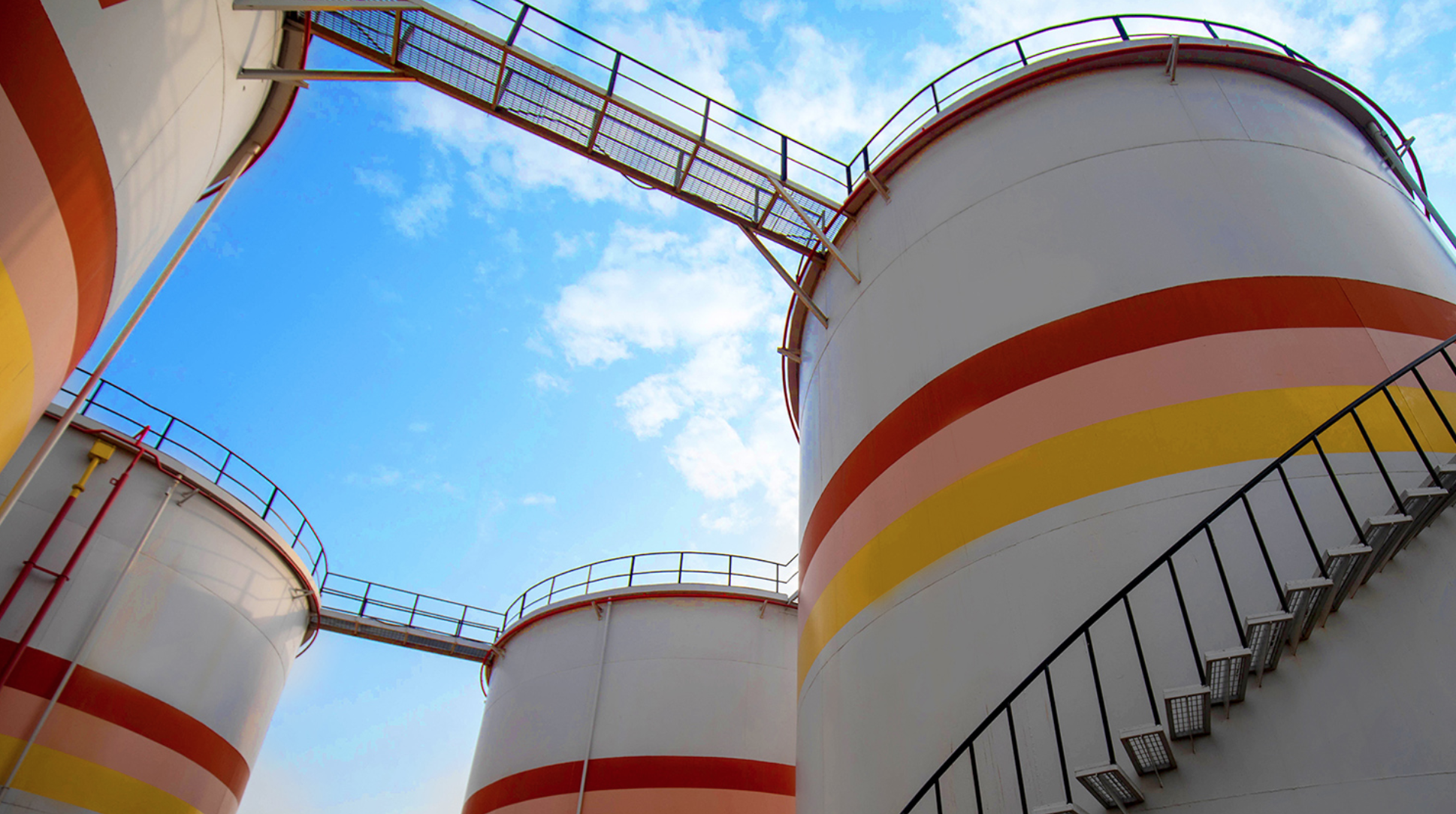Read more
PanAfrican Energy Tanzania, the subsidiary of the Orca Energy Group that operates the wells and gas processing plant at Songo Songo in Tanzania, has signed an agreement with Exalo Drilling for the workover of three onshore wells. Activities are set to start in September 2021 on Songo Songo Island. The 2021 workover programme will notably see the wells recompleted with corrosion resistant chrome tubing while returning two wells to production and ensuring the third well continues to produce safely. Songo Songo is Tanzania’s flagship gas project and currently supplies about 60% of Tanzania’s gas, mostly used for power generation. While PanAfrican Energy operates the wells and the 110 MMscfd gas processing plant, the Songo Songo development remains owned by Songas, itself majority owned by Globeleq. Only gas produced beyond a threshold of 44.8 MMscfd can be freely marketed and sold by PanAfrican Energy. Source: Orca Energy Group The first 45 MMscfd is classified as “Protected Gas” and is owned by the Tanzania Petroleum Development Corp (TPDC) and sold under a 20-year gas agreement expiring on July 31st, 2024. This gas is used by Songas to fuel its 190 MW Ubungo gas-to-power plant but is also used for distribution to the Tanzania Portland Cement Company, and for Tanzania’s village electrification programme. Such distribution is ensured by Songas’ infrastructure which includes the 105 MMscfd, 232km pipeline to Dar es Salam and a 16km spur line to the cement plant. Beyond 44.8MMscfd, the gas is classified as “Additional Gas” and can be freely commercialized by PanAfrican Energy. The company has been steadily increasing its production and sales of Additional Gas to support additional power generation facilities in Dar es Salam, power several industries and develop a growing Compressed Natural Gas (CNG) business.
Since TotalEnergies announced its acquisition of TullowOil’s shares in the Tilenga oil project and the East African Crude Oil Pipeline (EACOP), Uganda has crystalized a lot of the global tensions around the debate of development vs. environment. By developing the 1.7 billion barrels of contingent oil resources discovered around the Lake Albert, TotalEnergies is expected to produce 190,000 barrels of oil per day before the end of this decade, propelling Uganda into the club of African oil producers. The country would be producing as much as Ghana and Gabon currently, generating significant revenue for its state coffers. To export that oil to global markets, TotalEnergies is building the world’s longest heated crude oil pipeline, a 1,443km line linking Uganda’s oilfields to the Tanzanian port of Tanga. Once again, this means revenues for the state of Tanzania via transit fees. The integrated development will result into billions of dollars injected into both economies, support the development of infrastructure, and create jobs in the process. Despite growing opposition from environmentalist groups and NGOs, and the withdrawal of a few of its financiers, the project is progressing. On September 1st, the Ugandan Cabinet approved the EACOP Bill that gives significant support to the pipeline’s construction and operation by granting it four different fiscal packages. The Bill is seen as giving strong backing to the EACOP Company made of TotalEnergies (62%), UNOC (15%), TPDC (15%) and CNOOC (8%). The Government of Uganda, which had long delayed the initial takeover of TullowOil’s assets by TotalEnergies on the back of fiscal disagreements, is now getting generous. It is notably proposing tax packages on corporate income tax and value added tax (VAT) under which the EACOP Company will be exempt of the former for ten years and will be subject to zero rated VAT for its export of goods and services. The exemption of corporate income tax for ten years is significant given that the standard rate applied to resident and non-resident corporations in Uganda is of 30%. In addition, the EACOP Company is set to benefit from a package on withholding tax as well as an exemption from paying transit fees in Uganda. The withholding tax is fixed at 5%, following the terms set within the previously signed Host Government Agreement (HGA). The set of fiscal incentives granted to EACOP notably follows the withdrawal of several financiers and banks from the project. Earlier this year, BNP Paribas, Société Générale & Crédit Agricole reportedly withdrew their funding commitment on the back of human rights concerns

